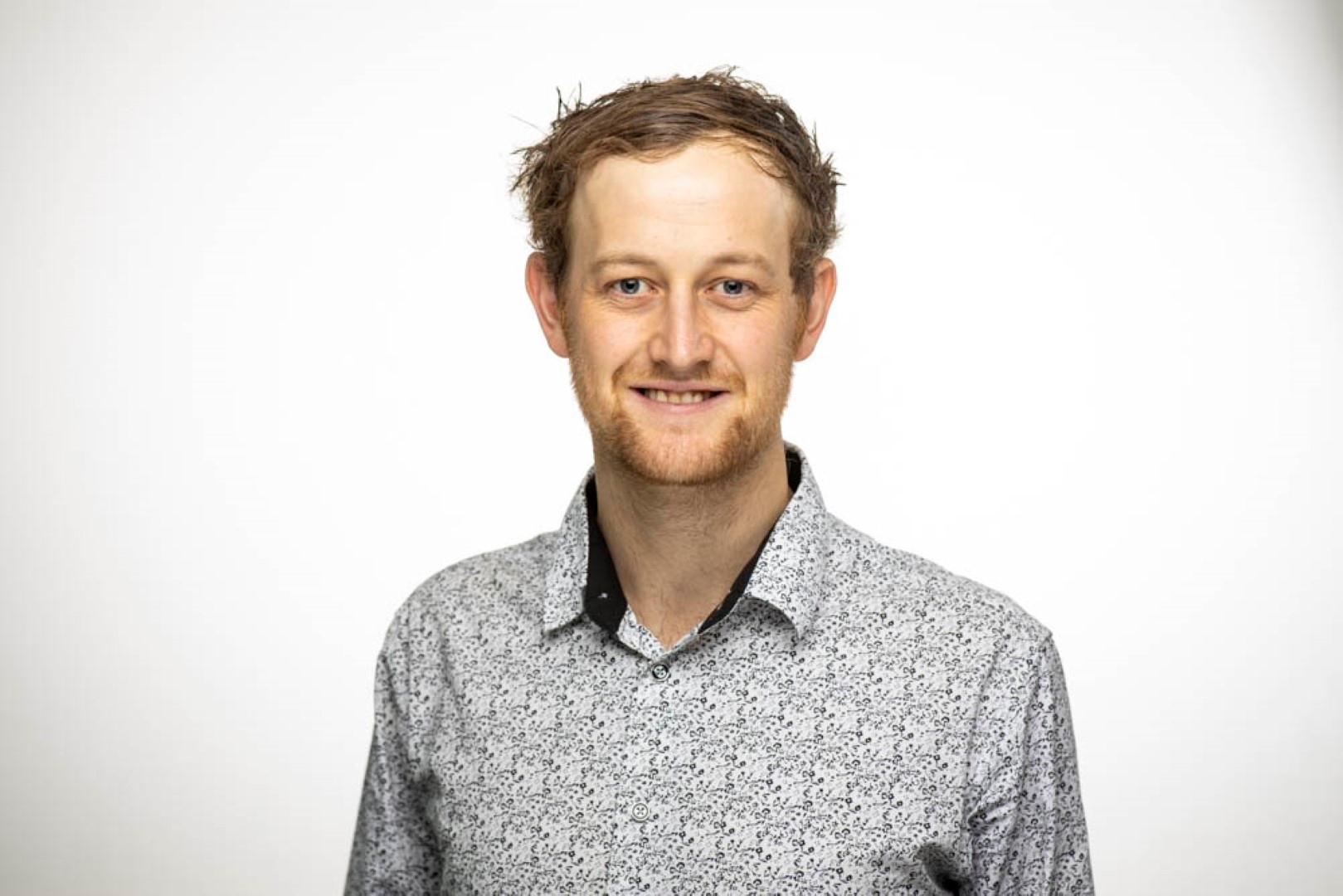
Q&A with Dr Jaimon Kelly
Doctor Jaimon Kelly is a Heart Foundation Postdoctoral Research Fellow at the Centre for Health Services Research, University of Queensland. Dr Kelly’s research focuses on the role of digital health in preventing chronic disease. He aims to improve trust and confidence in digital health so that it can be used more effectively in the prevention of heart disease.
Dr Kelly is also an Accredited Practising Dietitian and works in private practice, providing nutrition support for individuals living with heart disease and other chronic health conditions.
What are you currently researching?
Heart disease is responsible for a significant number of deaths each year in people with chronic kidney disease. Chronic kidney disease is a condition involving damage to the kidneys, meaning they don’t work as well as they should.
Lifestyle changes such as maintaining a healthy diet, engaging in physical activity, decreasing alcohol intake, quitting smoking and taking prescribed medicines can all help to reduce the risk of heart disease. However, due to pressures on the healthcare system, people cannot always access prevention programs, so are left to self-manage these lifestyle changes. Digital health strategies provide an alternative way to access healthcare and can support people to make positive lifestyle changes that decrease their risk of heart disease. Digital health refers to a range of technologies, including mobile applications, the internet, telehealth, wearable devices and artificial intelligence. Despite the potential benefits, evidence suggests that most Australians do not trust these approaches.
My research aims to improve trust and confidence in digital health strategies so that they can be used more effectively to prevent heart disease. This project will involve two steps, the first is to evaluate the current level of trust and confidence in digital health strategies to reduce the risk of heart disease. This will involve interviews and surveys with people living with chronic kidney disease and doctors that support these people. Using these findings, the next step is to work with people and doctors to improve the design of digital health strategies, so that more people with kidney disease will use them to help reduce their risk of heart disease.
What difference will your research make to people’s cardiovascular health in Australia?
Digital heart disease prevention programs can be used more effectively when people trust and have confidence in them. Achieving this will make a significant difference to the large number of Australians that are living with kidney disease or other chronic conditions that put them at higher risk of heart disease.
Are there any achievements or discoveries from the past year you can share with us?
I have led projects in the past year which have investigated the reasons why people do and don’t use digital health for managing heart disease and other chronic health conditions. My past research has shown technology-assisted programs to be very effective for supporting positive behavioural change that is protective for health. This was particularly relevant for improving nutrition. This is why my focus has turned to understanding how we can improve people’s trust and confidence in digital health programs.
What role has Heart Foundation funding had in your career journey?
Heart Foundation funding has provided the opportunity to take an essential step towards achieving my five-year career plan – to help reduce the impact of heart disease by empowering all Australians living with chronic conditions to be active participants in their own healthcare. The first step in my plan is to build trust and confidence in digital health. Following this, I plan to apply these findings to all chronic conditions associated with heart disease. Without this incredible and generous support, I would not be able to do this.
Do you have a message for Heart Foundation supporters?
I am very grateful for this support from the Heart Foundation which will allow me to improve trust and confidence in digital health. Thank you for your generosity and support of early career researchers. This support will go a long way in helping me to realise a personal and professional passion of mine - and one I truly think will benefit millions of Australians living with and at-risk of heart disease.
Last updated07 February 2024
Last reviewed13 December 2023